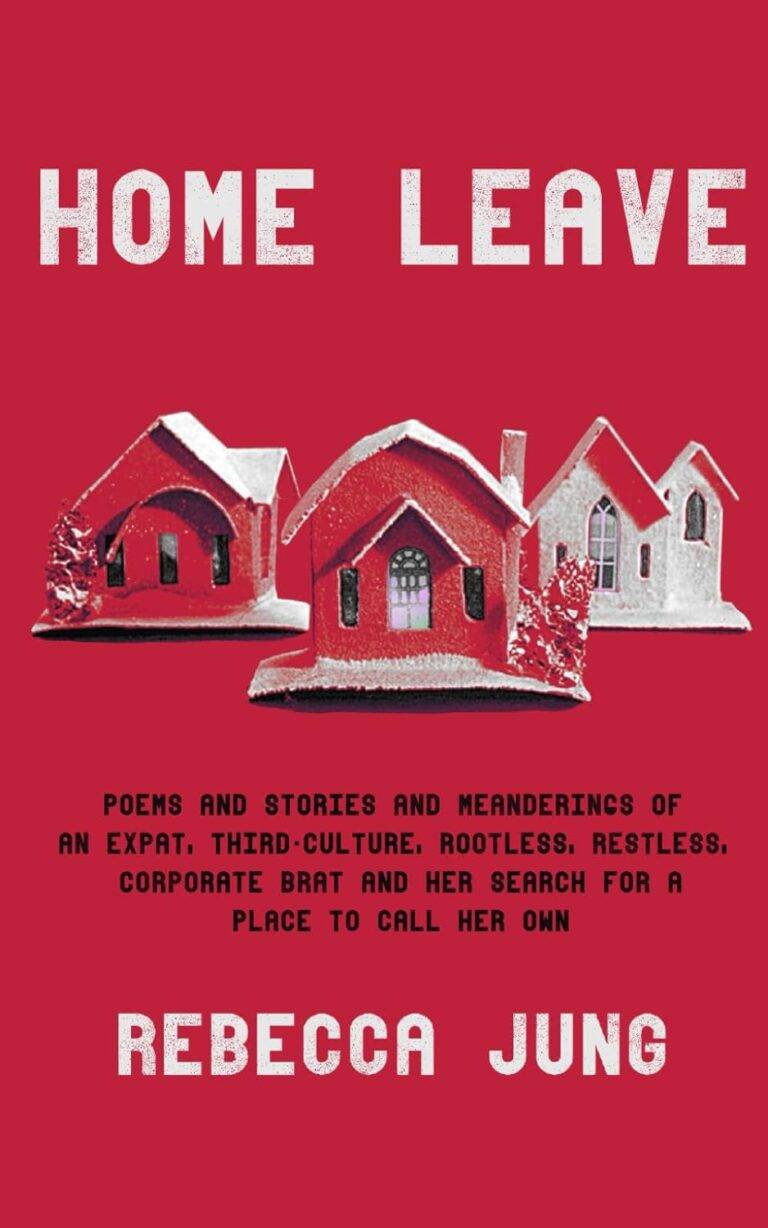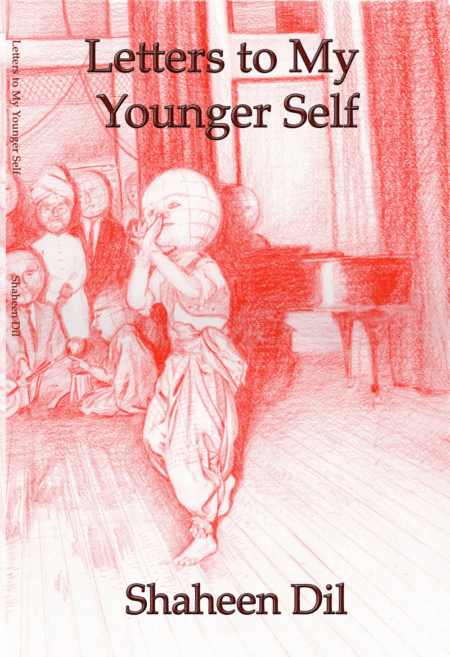From the Publisher: “In 1958, a midwestern family was uprooted from Canton, Ohio to Bukavu in the Belgian Congo during the Congolese War for Independence. This was the author’s introduction to life as an Expat. She was seven years old.
This was the first of many overseas transfers—eight over the next 10 years, including back and forth to the U.S., which eventually became just another foreign country.
In the spirit of Alexandra Fuller’s Don’t Let’s Go to the Dogs Tonight, Home Leave is about war and political upheavals. But it’s also about how people don’t lose their humanity in brutal settings where everyone is scrambling to survive.
It’s about the way people who, despite cultural and national differences, are driven to see each other. It’s about the way people under the worst circumstances can still come together to ease each other’s fear and loneliness and help one other find their way home.
Home Leave is a book decades in the making, but one that offers hope in our own troubled times…”
More info About the Author: Rebecca Jung is a writer and poet who lives in Pittsburgh. Her work has been published in many literary magazines, including Sky Island Journal, Memoir, Pennsylvania Review, Prometheus Dreaming, The Bangalore Review, and more. Her work has also appeared in several anthologies. She earned her B.A. in English Writing from The University of Pittsburgh. Her author website is rebeccajung.com.
Author Site Don’t miss out:
The Home Leave Launch Party will be on Monday, April 7 at 6 p.m. at Park Place Pub, 5719 Bryant Street, Pittsburgh, PA 15206. Free and open to everyone, with book sales and signings.
About WPA Press:
WPA Press is named after the Works Progress Administration (WPA), established under President Franklin D. Roosevelt’s New Deal agency back in 1935 to provide jobs and relief during the Great Depression. It made art possible at a time when it seemed impossible. Like its namesake, WPA Press’s mission is to publish work that speaks to the American experience, particularly working-class issues and the struggle to make art while having to make a living. Inquiries can be sent to WPA Press editors at wpapresspgh@gmail.com.
My sister Leslie was dying.
It was 1958, and we were living in the Belgian Congo.
In Africa, you take a lot of things in stride, like health problems, so, when Leslie complained of a stomach-ache on our way to the Reserve Nationale d’Itombwe to see eastern lowland gorillas, my parents thought nothing of it. But, when she couldn’t sit up in the back seat of the car anymore and could only curl up with her knees tucked to her chin because of the pain, they began to worry.
We were on a dirt road and had no idea where the next village would be, or if there would be a next village. We did, however, come to a few shabby shops where my dad pulled the VW over and stopped. He jerked up on the safety brake so hard it squeaked. He yanked the keys out of the ignition, then kicked the car door open, which bounced on its hinges, and he got out.
He looked calm, but I knew he wasn’t. He walked quickly, almost running, from one person to another.
“Y a-t-il un docteur … is there a doctor?” he asked.
The villagers looked at each other and shook their heads. “Non.”
“Missionnaires … missionaries?”
“Non,” they said.
My dad never rushed. He always moved deliberately. I’d never seen him panic or be afraid. But I knew he was afraid in that village.
But what I remember most are the Congolese women huddled around my mother, who was sitting with her legs out of the car holding my sister Leslie, who was a chalky gray. Her eyes were closed. She hardly breathed. My mother pressed her cheek to Leslie’s cold face and cried. She rocked back and forth, holding my sister’s limp body close to hers.
And those Congolese women rocked and cried with her. They stroked Leslie’s face and body. They touched my mother, laying their hands on her in a mother’s blessing. They bent their long necks, like black swans, and touched their heads to hers.
Even at seven, I knew the beauty of this, and that I would write about it someday.
This excerpt is published here courtesy of the author and should not be reprinted without permission.

























